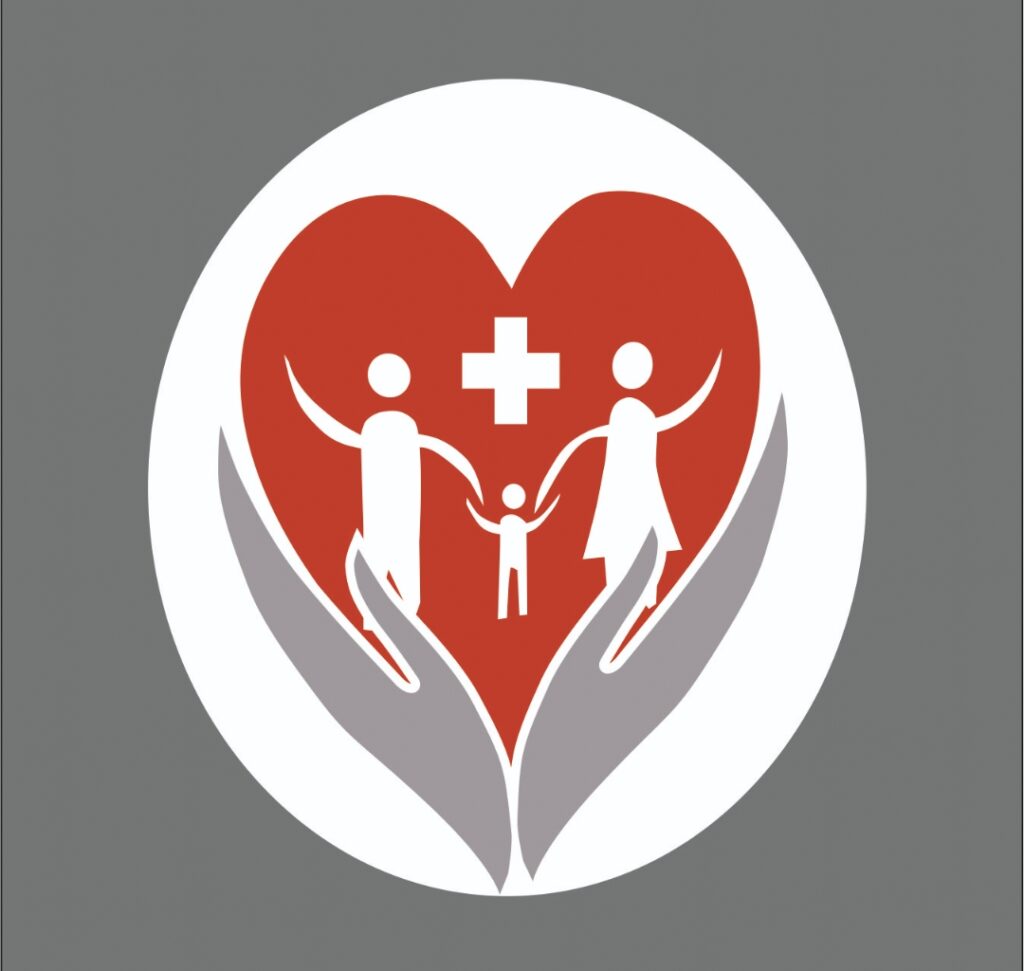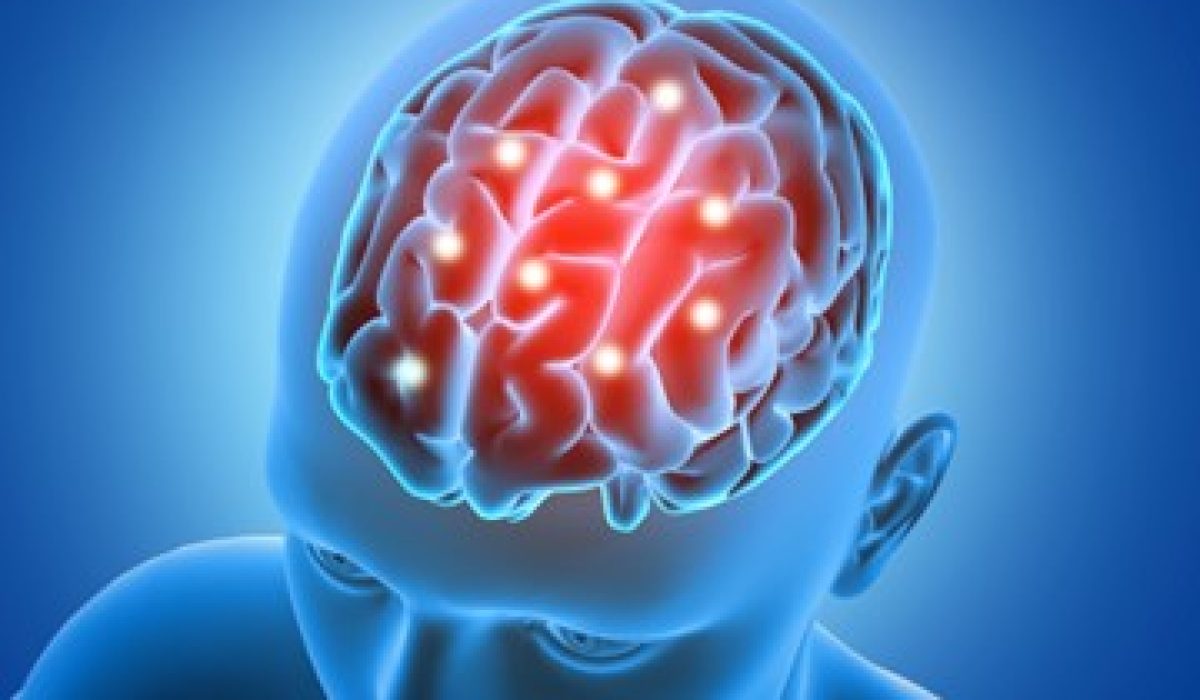Brain stroke happens when the blood supply to the brain is blocked. When the blood supply is blocked, the brain does not get enough oxygen or nutrients, and brain cells start to die.
A stroke is a medical emergency because it can lead to death or permanent disability if not treated early.
Every 3 people suffer from brain stroke every minute.
Types of Brain Strokes
2 types of strokes are:
- Ischaemic Stroke: Results from a blockage or clot in a blood vessel that supplies your brain
- Haemorrhagic Stroke: Occurs due to the rupture of weak blood vessels
Spot a Brain Stroke by These 6 Signs
- Blurred or double vision
- Difficulty in speaking and confusion
- Trouble walking and balancing
- Altered Consciousness
- Numbness in some parts of the face, arm, and leg (Mostly one side)
- Sudden headache and vomiting
Seek medical help immediately if you notice any of these signs!
Risk Factors for Brain Stroke
Many risk factors for brain stroke are related to a poor lifestyle, such as:
- Obesity
- Chronic Alcoholism
- Addictive drug abuse like cocaine
- Uncontrolled high blood pressure, diabetes, and cholesterol
- Smoking
- Sleep Disorders
- Heart Diseases
Depending on your risk factors, your doctor may advise medications to prevent brain stroke.
Diagnosis of Brain Stroke
To diagnose the stroke, the doctor performs the following investigations once the patient reaches the hospital
- Physical and Neurological Examination
- Blood Tests
- CT Scan
- MRI Scan
- Carotid Ultrasound (To Monitor Blood Flow)
- Cerebral Angiogram (To Find Blockages)
- ECG
Time is very precious while diagnosing and treating a stroke.
Prevention of Brain Stroke
Few lifestyle modifications can help to prevent stroke, like:
- Controlling Blood pressure, Diabetes, and Cholesterol
- Healthy Diet
- Regular physical activity
- Quitting Smoking
- Managing Stress
These measures are equally important to patients who have already had a stroke to prevent another stroke in the future.
Treatment for Brain Stroke
Treatment options include:
- Stents
- Surgery
- Medications
The possibility of avoiding permanent damage increases with the speed of emergency care.
Rehabilitation After a Brain Stroke
Rehabilitation depends on the extent and part of the damage to your brain.
You may need rehabilitation or corrective measures to help with
- Coordination
- Balance
- Vision
- Bowel or Bladder Control
- Speech
- Swallowing
- Fine motor activities, such as writing or drawing
Rehab helps you to restore optimal health, functioning, and well-being.


